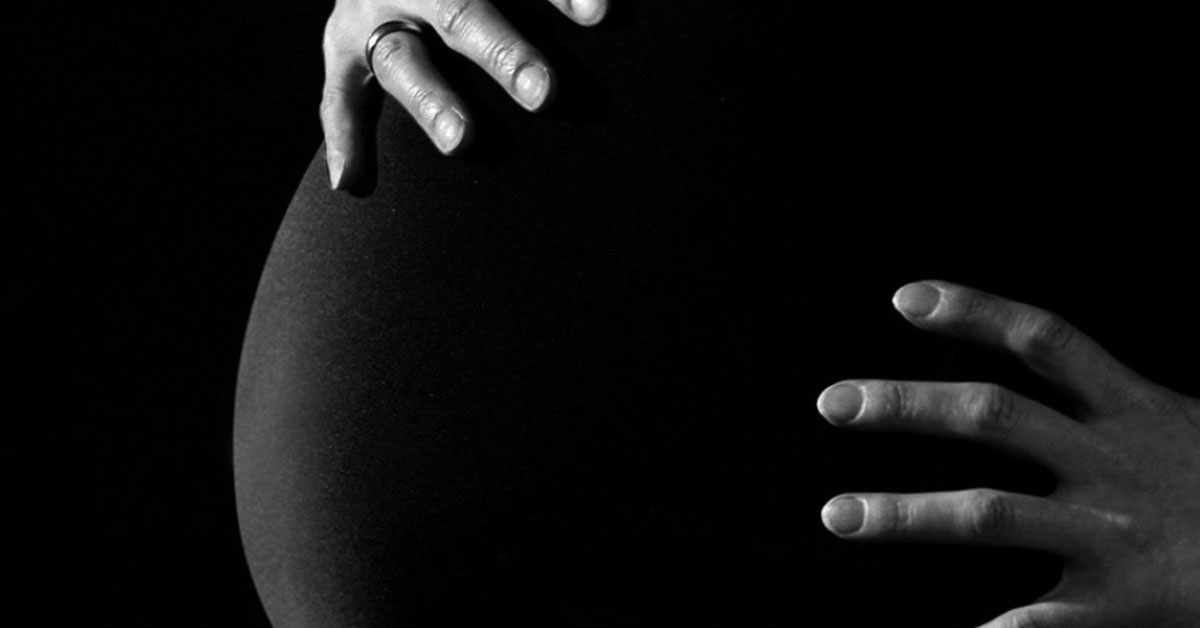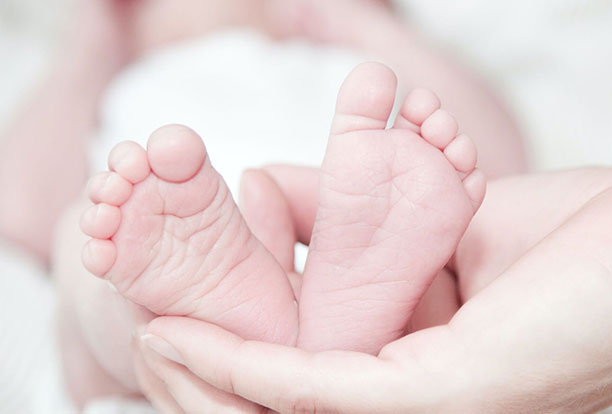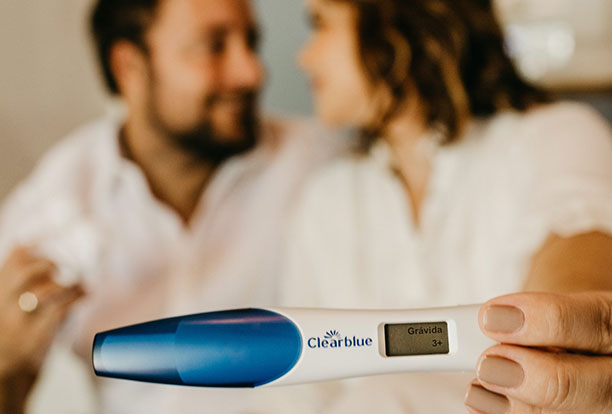
Posthumous reproduction, the process of conceiving a child using the genetic material of a deceased individual, presents a complex intersection of legal, ethical, and familial issues. In California, this topic has garnered significant attention as advancements in reproductive technology challenge traditional notions of life, death, and family. This blog explores the legal framework surrounding posthumous reproduction in California, the ethical dilemmas it presents, and the impact on families and inheritance rights.
Legal Framework in California
California law addresses posthumous reproduction primarily through the lens of consent, inheritance rights, and the use of reproductive technology. Understanding these legal principles is crucial for navigating the complexities of posthumous reproduction.
1. Consent Requirements
Explicit Consent:
- Under California law, the use of a deceased person’s genetic material for reproduction is generally governed by the principle of consent. The law requires explicit written consent from the deceased individual for their genetic material to be used posthumously (ASRM). This consent must be documented and clear, outlining the individual’s wishes regarding the use of their sperm, eggs, or embryos after death.
Challenges in Consent:
- In cases where consent is ambiguous or nonexistent, the legal system faces significant challenges. Without explicit consent, the use of genetic material may be contested, leading to legal disputes among surviving family members. Courts must then interpret the deceased individual’s intentions, often relying on testimony or circumstantial evidence【California Probate Code § 249.5】.
2. Inheritance and Legal Parentage
Inheritance Rights:
- California law complicates matters further when it comes to inheritance rights of posthumously conceived children. According to the California Probate Code (§ 249.5), a child conceived after the death of a parent can inherit from the deceased parent’s estate if specific legal conditions are met. These conditions include proof that the deceased parent consented to the posthumous reproduction and that the child was conceived within two years of the parent’s death.
Legal Parentage:
Establishing legal parentage for a posthumously conceived child is critical for inheritance and other legal rights. The court must determine that the deceased parent intended to be recognized as the legal parent of any child conceived using their genetic material. This intention must be clearly documented, often through legal instruments such as wills, trusts, or other written declarations (California Family Code § 7611).
Ethical Considerations
Posthumous reproduction raises several ethical questions, particularly concerning consent, the welfare of the child, and the responsibilities of the surviving parent or family members.
1. Autonomy and Consent
Respect for Autonomy:
- The ethical principle of autonomy demands that individuals have the right to control their genetic material, including decisions about its use after death. Using a deceased person’s genetic material without their explicit consent can be seen as a violation of their autonomy and bodily integrity

Posthumous Autonomy:
- The notion of posthumous autonomy challenges traditional bioethical norms, as it involves making reproductive decisions on behalf of a deceased individual. Ethically, this raises the question of whether it is justifiable to use someone’s genetic material without their clear, prior consent, and whether such decisions align with the individual’s values and beliefs.
2. Welfare of the Child
Best Interests of the Child:
- Ethically, the welfare of the posthumously conceived child is paramount. Considerations include the child’s right to know their biological origins, the potential psychological impact of being conceived after a parent’s death, and the social and legal challenges they may face. The child’s best interests must be a primary consideration in any decision to pursue posthumous reproduction (California Family Code § 3020).
Familial and Societal Implications
The use of posthumous reproduction extends beyond the immediate family, affecting broader societal norms and legal precedents.
Family Dynamics, Disputes and Ethical Balance
Conflicts Among Family Members:
- Posthumous reproduction can lead to disputes among surviving family members, particularly when there is disagreement over the deceased individual’s intentions or the ethical implications of using their genetic material. These disputes can strain familial relationships and lead to prolonged legal battles.
Inheritance Conflicts:
- The potential for posthumously conceived children to inherit from the deceased parent’s estate can lead to conflicts among heirs, particularly if the child’s legal status or parentage is contested. Such conflicts may require judicial intervention to resolve, further complicating the probate process.
Ethical Balance:
Society must balance ethical considerations with legal requirements, ensuring that the rights of all parties involved—including the deceased, the surviving family members, and the posthumously conceived child—are respected and protected. This balance is essential for maintaining public trust in the legal system and upholding ethical standards in reproductive technology.
Psychological and Social Impact on Posthumously Conceived Children

Posthumously conceived children may face unique psychological and social challenges due to the circumstances of their conception.
1. Psychological Identity:
- The psychological impact of being conceived after a parent’s death can be profound. Children may struggle with questions about their identity, origins, and place within the family, particularly if they feel disconnected from the deceased parent. Counseling and support are crucial for helping these children navigate their unique circumstances.
2. Social Integration:
- The social integration of posthumously conceived children can also be challenging, especially in situations where their conception is not widely understood or accepted by others. Ensuring that these children have a supportive community and a clear understanding of their origins is essential for their social development.
Legal Precedents and Case Studies
Examining legal precedents and case studies can provide insight into how California courts handle posthumous reproduction cases.
1. Case Law on Posthumous Reproduction:
- There have been several cases in California where courts have had to address the legality of using a deceased person’s genetic material for reproduction. These cases often hinge on the issue of consent and the interpretation of the deceased individual’s intentions. Reviewing these precedents can offer guidance for future cases.
2. Implications of Precedent Cases:
Legal precedents set by California courts in posthumous reproduction cases can influence future legal decisions, particularly in areas such as inheritance rights, parentage, and the ethical considerations of using genetic material after death. Understanding these precedents is crucial for navigating the legal landscape surrounding posthumous reproduction.
Posthumous reproduction presents a complex array of legal, ethical, and familial challenges. In California, the legal framework surrounding this practice emphasizes the importance of consent, the welfare of the child, and the protection of inheritance rights. However, as technology advances and societal norms evolve, the law must continue to adapt to address these emerging issues. For individuals and families considering posthumous reproduction, understanding the legal landscape and ethical implications is crucial.

